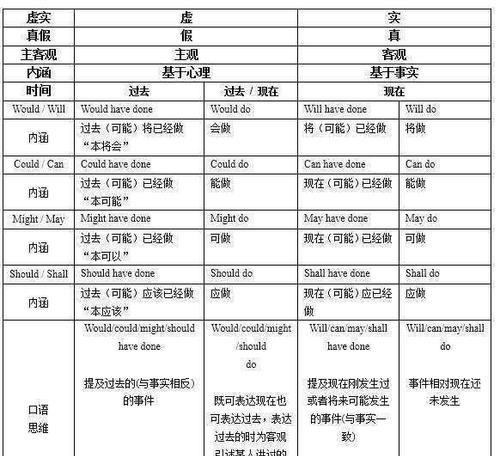英语中表示可能性大小的常用词汇按可能性从高到低排序为:"Must"表示非常肯定的可能性,"Could"表示较高的可能性,"Might"和"May"表示较低的可能性,"Unlikely"表示很小的可能性,而"Impossible"表示完全不可能的事情。

1. Must
"Must" 表示非常肯定的可能性,通常用来说明某个事情一定会发生或已经发生了。例如:
- It must be raining outside.(外面一定在下雨。)
- You must have left your phone at home.(你一定是把手机落在家里了。)
2. Could
"Could" 表示较高的可能性,通常用来描述某个事情可能会发生。例如:
- She could be at home now.(她现在可能在家里。)
- It could rain later today.(今天下午可能会下雨。)
3. Might
"Might" 表示较低的可能性,通常用来描述某个事情可能会发生,但是不太确定。例如:
- He might be late for the meeting.(他可能会迟到会议。)
- It might not be a good idea to go out in the storm.(在风暴天气中出门可能不是个好主意。)
4. May
"May" 表示较低的可能性,通常用来描述某个事情可能会发生,但是不太确定。和 "might" 相似,但是 "may" 的语气更加客观。例如:
- The train may be delayed.(火车可能会晚点。)
- I may not be able to come to the party tonight.(我今晚可能来不了派对。)
5. Unlikely
"Unlikely" 表示很小的可能性,通常用来描述某个事情不太可能会发生。例如:
- It's unlikely that he will win the competition.(他很可能不会赢得比赛。)
- It's unlikely to snow in May.(五月份不太可能下雪。)
6. Impossible
"Impossible" 表示完全不可能的事情,通常用来描述某个事情绝对不会发生。例如:
- It's impossible to travel faster than the speed of light.(超过光速旅行是不可能的。)
- It's impossible for me to finish this work in one day.(我不可能在一天内完成这项工作。)
